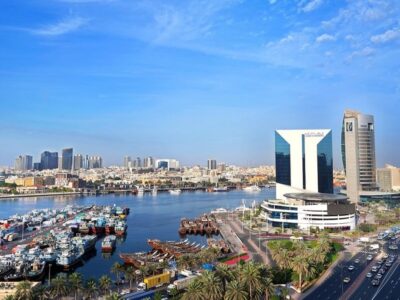Moody’s Investors Service on Saturday downgraded Egypt’s government bond ratings as the country struggles to recover from the revolution earlier this year.
It said the rating action was prompted by the country’s ongoing economic weakness and financial deterioration, as reflected in the sharp loss in official foreign exchange reserves since the beginning of 2011.
Moody’s also said continued macroeconomic weakness and instability was likely, with rising pressures on budgetary spending and financing.
It added that it was concerned about the continued unsettled political conditions and the uncertainty over the transition to a stable, civilian government.
“Moody’s is concerned that the external and fiscal positions may remain particularly fragile,” it said in a report.
It added that unsettled political conditions have further undermined economic performance and investor confidence in Egypt.
The economy is struggling to find its footing. GDP contracted by 4.2 percent in Q1 2011, although it stabilised somewhat in the April-June period.
Foreign direct investment into Egypt shrank dramatically in the first half of 2011, recording a small net outflow, and tourist arrivals fell by 42 percent in the March-June period compared with the same period in 2010.
The IMF expects real GDP growth to remain at an anaemic 1-2 percent annual rate this year and next.
Although inflation has dipped below the double-digit level in September, unemployment remains high, Moody’s said, adding: “Fiscal pressures are aggravated by policy accommodation to the demand for increased subsidies and high public-sector wages unleashed by the revolution.”
Moody’s expects Egypt’s budget deficit to rise above 10 percent of GDP in the current fiscal year.
Moody’s said there were factors that limited the downgrade to just one notch, including the possibility that the interim government could receive external financial support, although none has been forthcoming so far.
The IMF has offered a $3bn stand-by arrangement, and the government of Saudi Arabia is reported to have offered a package worth around $4bn.
“Securing such support has become increasingly critical for Egypt in view of the sharp fall in the country’s official international reserves to $24bn, down from $36bn at the end of 2010,” Moody’s said.
It added that the rating could be downgraded further in the event that foreign exchange reserves continue to decline to a level that threatens the authorities’ debt repayment capacity or its ability to support the Egyptian pound.








